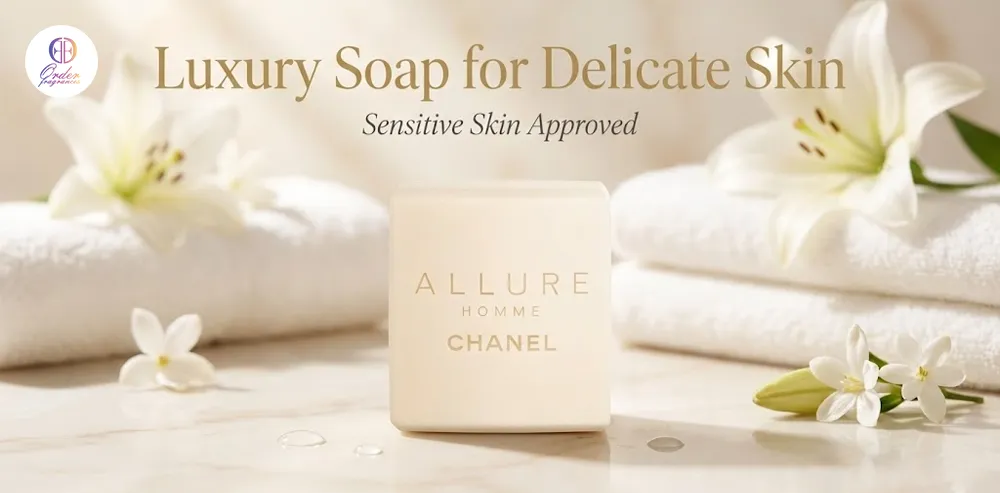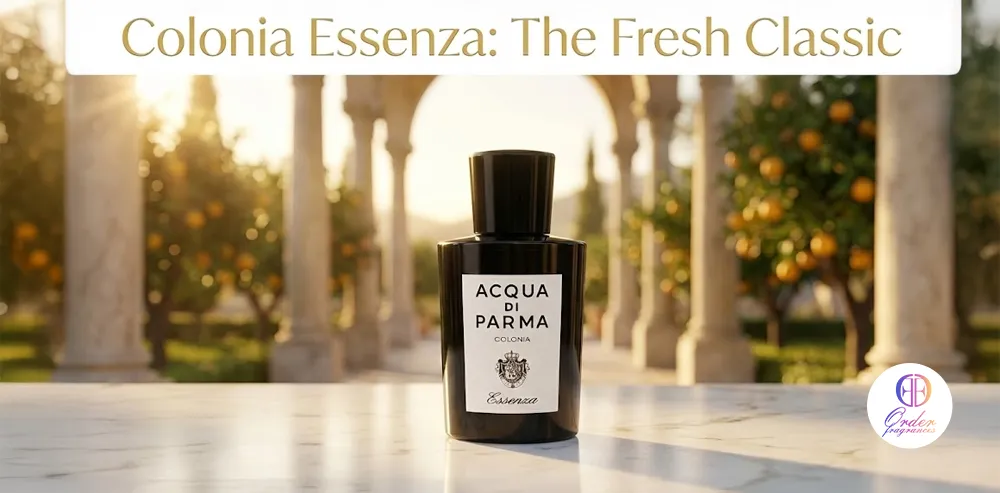
What Makes Perfume A Brand?
A perfume brand encompasses several key elements that distinguish it from others in the market:
Identity and Image: A perfume brand establishes its unique identity and image through its name, logo, packaging, and marketing materials. These elements convey the brand's values, personality, and positioning in the market.
Fragrance Portfolio: A perfume brand is defined by its range of fragrances, each with its distinct scent profile, ingredients, and target audience. The brand may offer a diverse portfolio of perfumes catering to different preferences, occasions, and demographics.
Product Quality and Formulation: The quality of the perfumes and the formulation of their fragrances are crucial aspects of a perfume brand's identity. Brands often invest in research, development, and sourcing of high-quality ingredients to create unique and long-lasting scents that resonate with consumers.
Brand Heritage and Legacy: Established perfume brands often have a rich heritage and legacy built over years or even centuries. This heritage adds credibility, authenticity, and prestige to the brand, contributing to its appeal and longevity.
Brand Story and Values: A compelling brand story and clear values help differentiate a perfume brand and resonate with consumers emotionally. Brands may highlight their founder's inspiration, craftsmanship, sustainability practices, or commitment to social responsibility as part of their narrative.
Marketing and Communication: Effective marketing and communication strategies are essential for building brand awareness, attracting customers, and fostering brand loyalty. Perfume brands employ various channels such as advertising, social media, influencer partnerships, and experiential events to connect with consumers and convey their brand message.
Retail Presence and Distribution: The retail presence and distribution strategy significantly shape a perfume brand's visibility and accessibility. The brand's retail footprint and distribution channels influence its reach and market penetration, whether sold through exclusive boutiques, department stores, online retailers, or niche fragrance shops.
Consumer Experience and Engagement: Perfume brands prioritize providing a positive consumer experience and fostering engagement with their audience. This includes offering personalized services, educational content, sampling opportunities, and responsive customer support to enhance the overall brand experience.
Innovation and Adaptability: Successful perfume brands demonstrate innovation and adaptability to evolving consumer preferences, market trends, and regulatory changes. They continually innovate their product offerings, packaging, and marketing strategies to stay relevant and competitive in the industry.
Brand Reputation and Trust: A strong brand reputation and trust are essential for long-term success in the perfume industry. Brands cultivate trust through consistent product quality, transparency, ethical practices, and positive customer feedback and reviews.
Conclusion:
Collectively, these elements contribute to the distinctiveness, credibility, and appeal of a perfume brand, shaping its identity and influencing consumer perceptions and purchasing decisions.
#Perfume #Fragrance #LuxuryPerfume #PremiumPerfume #Scent #FragranceCollection #PerfumeLover #PerfumeAddict #PerfumeOfTheDay #PerfumeCommunity #Fragrance Collection #HighEndPerfume #DesignerPerfume #ExclusivePerfume #BoutiqueFragrance #ArtOfScent #GourmandPerfume.








